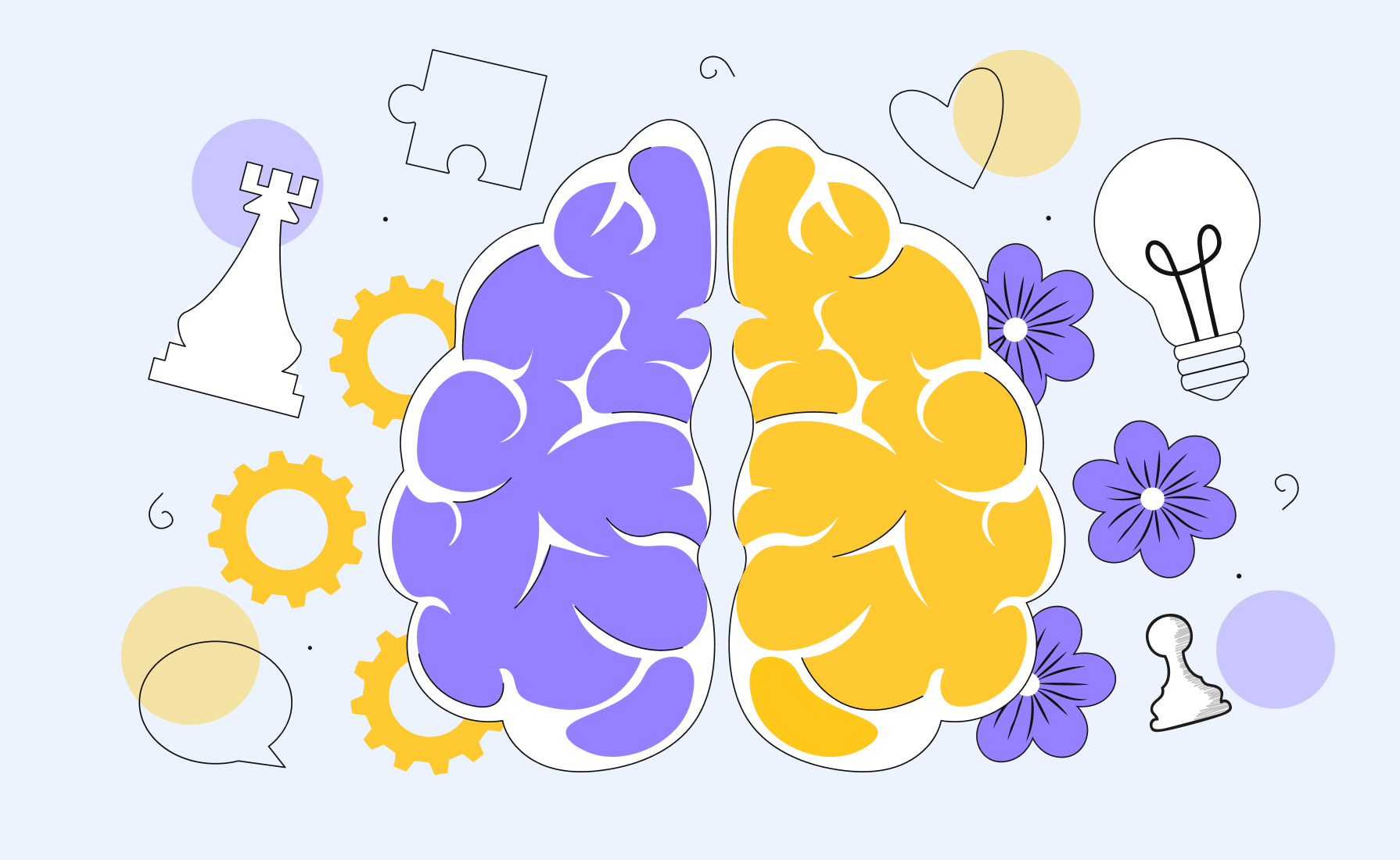
Chess is often celebrated for its ability to develop cognitive skills in children, making it a valuable educational tool beyond just being a game. Studies show that chess enhances critical thinking, problem-solving, and memory retention. When children play chess, they engage in deep concentration, improving their ability to focus for extended periods. Chess also sharpens decision-making skills, as players must think several moves ahead and anticipate their opponent’s strategies.
One of the key benefits is the development of strategic thinking. Chess teaches children how to plan and think critically about the consequences of their actions, which translates to improved academic performance, especially in subjects like mathematics. Additionally, chess fosters creativity, as there are countless possible moves, encouraging children to think outside the box.
Moreover, chess promotes emotional intelligence by teaching children to manage frustration when things don’t go their way. Losing a chess match can help develop resilience and patience, as they learn to analyze mistakes and improve.
By incorporating chess into early childhood education, parents and educators can support cognitive development, laying a foundation for future success in both academic and personal challenges.
